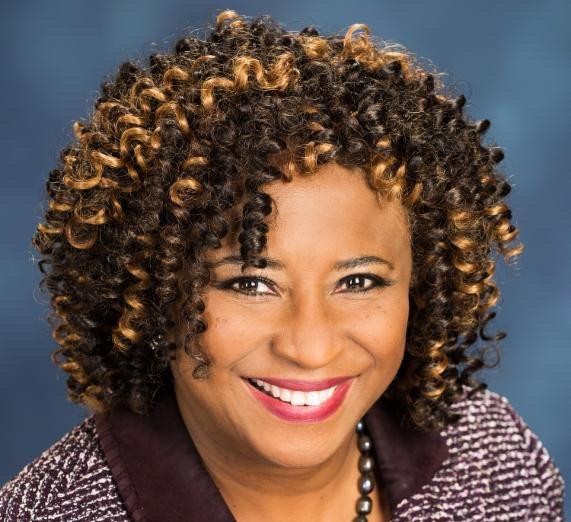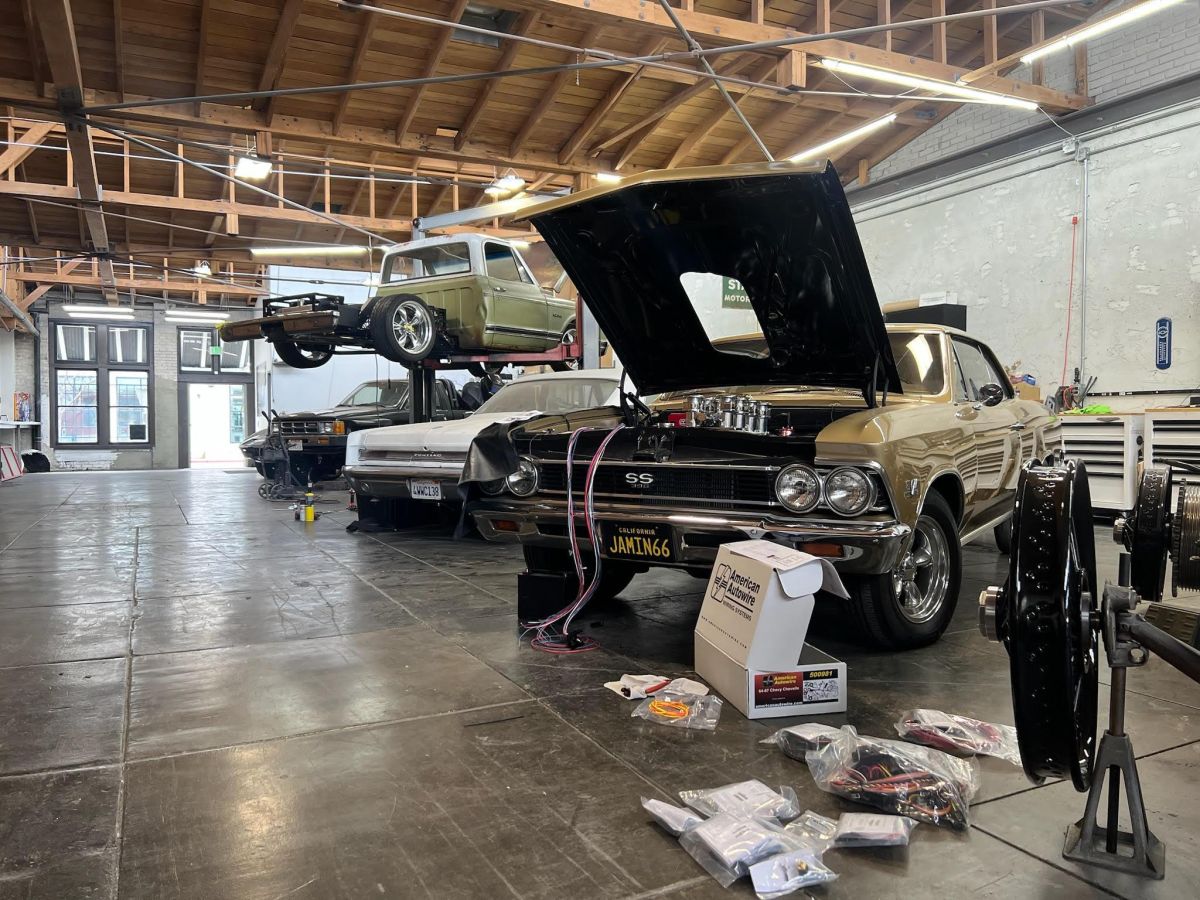A lawsuit filed by Alameda County District Attorney Pamela Price alleges auto insurers and software makers conspired to defraud drivers on whether damaged vehicles should be totaled or repaired, and how much would be paid.
 Alameda County District Attorney Pamela Price.
Alameda County District Attorney Pamela Price.
The late-April legal action accused units of USAA and Progressive, along with estimating software makers Mitchell International and CCC Intelligent Solutions, of altering the software to produce for insureds a Market Value Report (MVR) that “misrepresents [and] substantially and materially understates” values, and thus payouts.
The suit said this “rigs the settlement process in favor of a total loss scenario, and against a repair scenario … converting a loss that should result in repairs” to the total loss.
Insurance companies recoup more by selling vehicles for salvage, the suit said.
The lawsuit’s focus is consumers getting lower payouts if damaged vehicles would have been totaled anyway.
“Public safety includes protecting consumers from powerful companies that seek only to maximize profits,” Price said in a news release.
The suit gave examples of “real-world” vehicles, without personal specifics, and hypotheticals, with alleged MVR deviations ranging from about $4,000 to $12,000 per event.
The complaint also called “California Repair Facilities and Body Shops” a group that could be harmed if vehicles are improperly totaled instead of repaired.
If true, this would also contribute to ongoing trends of fewer and costlier, more complicated repairs, paired with more totaled vehicles, from insurance-related body shop and collision work, as well as more lawsuits.
Goes Up, Comes Down
Joe Messina sees the repair vs. totaling trend bundle as owner of Roseleno Inc., a body shop in Fullerton, CA.
The first is driven partly by safety and liability concerns, advanced body design and construction technology.
“I have friends who work at the BMW training facility in Ontario (CA) and have taken tours there,” he said. “You’ve got safety crash zones to protect the driver from turning into a cannoli. They’re using specific bonding methods, carbon fibers … and if it’s not [fixed] to factory specs, the body shop and people will be liable.”
Aluminum body panels have been cited as another example of the difficulty of repairing vehicles.
 Roseleno Inc. does collision repair, restoration and mechanical work.
Roseleno Inc. does collision repair, restoration and mechanical work.
Insurers are unlikely to pay for such repairs.
“You take it to BMW [yourself] or you write it off,” Messina said.
Totaling “is a way safer bet for the insurance company and I don’t blame them,” he added.
The concern is the "runaway train” of repairs. Even apparently innocuous events can trigger insurers’ fear.
“Hit the tire on a curb, they’re going to be worried about the suspension. So they’ll say ‘here’s a check, go get a new vehicle,’” Messina said.
Copart Inc. CEO Jeff Liaw said on a May earnings call, citing CCC data, “total loss frequency for the first calendar quarter 2024 was 21.1%” -- 1.5 percentage points higher, year-over-year.
An outlier, of course, is the always higher cost of new cars, raising total loss thresholds and chances of repair.
Long, Hot Summer
Jack Molodanof, an attorney and lobbyist working with the California Autobody Association, had seen news of the lawsuit but “hasn’t heard anything from members” about it.
And the Alameda action is only the latest in a long line of legal and administrative actions related to valuing totaled vehicles in California and other states, involving many of the largest U.S. insurance companies.
Illinois legislators recently passed a law to boost transparency on total loss transactions. Washington state, New York and Texas have seen "total loss" suits in recent years.
California is seen as ground zero on auto insurance issues, including price gouging and delayed investigations.
Insurers operate under the state’s "Good Faith" insurance strictures. Residents can also file suit directly, even in small claims court. The California Department of Insurance (CDI) can take administrative and regulatory action. As a result, many insurers -- including Progressive, a defendant in the Alameda County lawsuit -- have scaled back operations in the state.
Price through a spokesperson declined direct comment on the legal action. Local, specialty, industry and other media have lightly covered it here, here, here, here, here and here.
USAA, Progressive and Mitchell didn’t return requests for comment. CCC declined a request. A request for CDI comment wasn’t returned. USAA gave statements on the litigation to outlets in Texas, where it’s based, saying the suit lacks merit and its valuations are fair.
The case, "People of the State of California v Asi Select Auto Ins. Corp., et al," Case No. 24CV073476, was filed April 29 in Alameda County Superior Court and assigned to Hon. Noël Wise, according to court watcher Trellis Law. Asi Select Auto Ins. Corp. is one of the named units of Progressive Corp. Deputy District Attorney Alexandra Graynor is prosecuting. No attorneys were listed at press time for defendants.
A hearing June 4 was set to consider if the case qualifies as "complex" under California court rules, with a case management conference to follow on Aug. 27.










